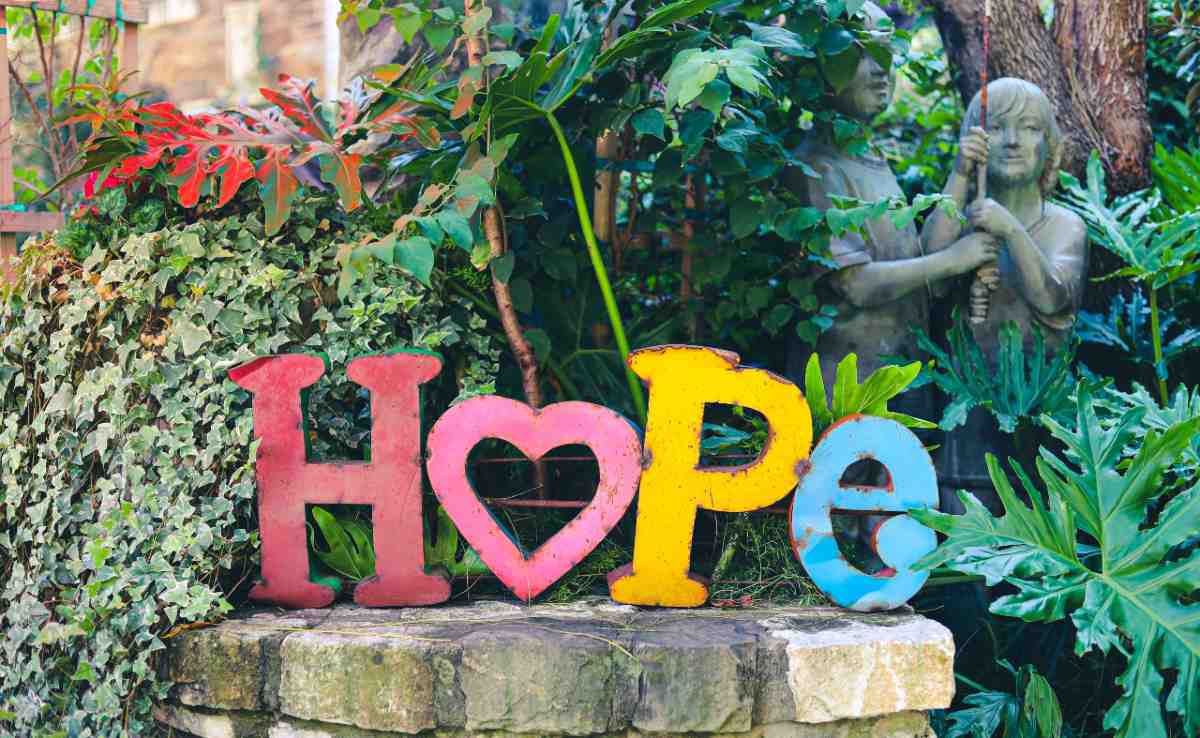
Is hope bad for you?
It can distort your judgement
Photo by CARL HUNLEY on Unsplash
Is hope bad for you? A paper in the journal Psycho-oncology suggests that it is. In a blog post on BMJ, Richard Smith, the former editor, highlights research into the divergence between the optimism of cancer patients and reality.
The researchers found that cancer patients had “optimism bias, illusion of superiority, self-deception, and misattribution” which led then to have over-treatment and regret.
According to Dr Smith, the patients were wildly optimistic about their prospects for survival. The researchers:
studied 200 patients with advanced cancer or haematological malignancies whom their doctors thought might well not survive a year. The patients were asked how long they might live, and of the 111 who gave a prediction and died most (93%) died sooner than they expected and not one died later than they expected. On average these patients expected to survive over eight years, but actually survived less than nine months. The delusions went further in that 40% thought that their treatment would cure them.
What’s the problem with being hopeful? Lots, says Dr Smith:
Does this matter? Hope is said to have physical and psychological benefits, but having severely distorted judgements must cause harm. The most obvious harm is that patients continue with treatments that will bring them little or no benefit, but cause them side effects that will increase their distress and suffering.
There will also be the “opportunity cost” that they will be sick and possibly in hospital when they could be enjoying their families, friends, and nature—or whatever brings joy to them. There may also be regret by patients and their families that the expected survival of seven years turns out to be nine months and that most of that nine months has been spent in treatment or in an ambulance travelling for treatment.
Hope may also delay patients accepting palliative care, which we know can produce better outcomes.
Hope can also increase people’s vulnerability to quacks, of whom there are plenty. They will also go along with the suggested treatments of doctors whose instinct is for aggressive treatments.
Michael Cook is editor of BioEdge
Creative commons
https://www.bioedge.org/images/2008images/carl-hunley-kZ_GzLAy4WM-unsplash_1.jpeg_.jpg
death
hope
- How long can you put off seeing the doctor because of lockdowns? - December 3, 2021
- House of Lords debates assisted suicide—again - October 28, 2021
- Spanish government tries to restrict conscientious objection - October 28, 2021
